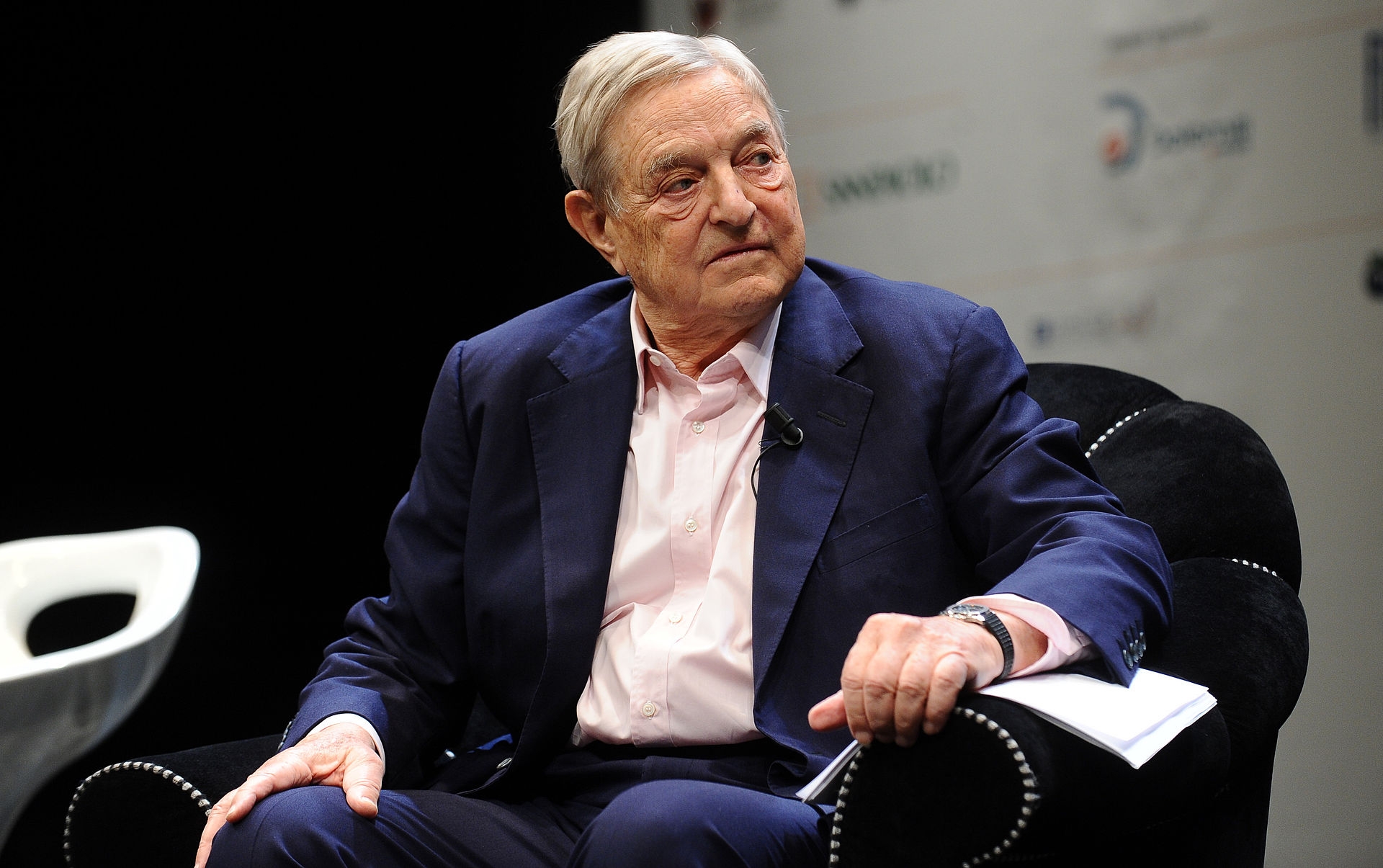By: V4 Agency
The stock market speculator’s proposed perpetual bond solution for the European Union to handle the economic crisis caused by the pandemic goes up in smoke. Despite his thwarted plan, Soros continues to propagate the idea, publishing more or less the same article in three languages.
George Soros has utilised the coronavirus epidemic in an attempt to force his plans and ideas – popularised through various media outlets – on the European Union.
Soros proposed to mitigate the effects of the pandemic-induced economic crisis with perpetual bonds. In the first version of his plan back in April, the idea was that these financial instruments should be issued by the European Union. He later modified this view to having member states issue the perpetual bonds. Interestingly, at the same, he also modified his recommendation for the number of migrants the EU should take in.
It is no accident that the stock market speculator’s views went public on the opinion portal Project Syndicate. According to the Open Society Foundations website Project Syndicate received 400,000 dollars in 2019 and 300,000 the year before and named the Soros-affiliated organisation on its website.
Although Mr Soros has as yet failed to put the idea of perpetual bonds into practice, he still strongly advocates its introduction.
His campaigning for perpetual bonds extends well beyond Project Syndicate into world-leading media outlets.
This year, the same article with little to no changes was printed in three different languages in at least as many platforms.
The three we know of are:
- Handelsblatt (18 January, in German)
- Independent (18 January, in English)
- Helsingin Samonat (27 January, in Finnish)
In each of the articles the speculator was named as the author and introduced as the chair of Soros Fund Management and the Open Society Foundations, indicating that the articles were not taken over from the other outlets, but placed separately in each.
Common points
George Soros begins all three articles by stating that the economic impact the virus induced is worse than the 2008 financial crisis. In his view, the European Union’s response was insufficient. Soros also underlines that he has long championed perpetual bonds (this passage was left out of the Finnish article).
In his writings, the stock market speculator also gives readers a history lesson. The articles on all three portals recall that the UK had issued so-called “consols” back in 1752, adding that the country also used unlimited National War Bonds to finance the Napoleonic Wars. The United States also issued consol bonds in 1870, while the Netherlands issued them in 1648 to maintain their dams. Those bonds are still being repaid, although this is little-known by the general public.
The readers can also learn from Soros that perpetual bonds should be issued now, when international interest rates cannot fall any further. Interestingly, Soros’s views on the “Frugal Five” are only detailed in the Finnish version and no such reference is made in the articles in German and English.
However, the section on the European Central Bank (ECB) is almost identical, word for word, in all three articles. Among other things, he writes that the ECB has already introduced perpetual bonds, and in his opinion, experts know that the ECB has no choice but to own this debt in perpetuity. According to George Soros, there is a “big difference” between perpetual bonds directly issued by governments and perpetual debt indirectly created by the ECB. In his view, if member states issue perpetual bonds, they will benefit from low interest rates forever. On the other hand, if national governments issue new, ordinary bonds to replenish the ECB’s stock of bonds coming due, they may have to pay higher interest rates.
Soros’s fetish of democracy is a recurring motif in all three articles. He argues that the issuance of perpetual bonds directly by European governments has an important additional advantage: it is more democratic. In contrast, the ECB is an institution without any direct accountability towards the voters of any particular member state.

